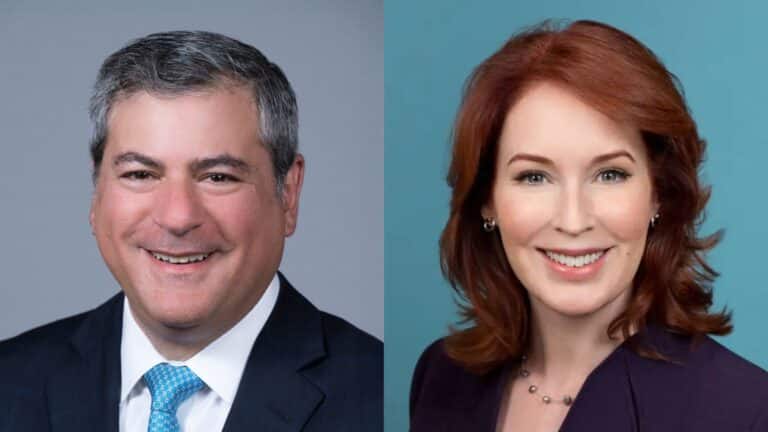China moves to supercharge green hydrogen as US pulls back
The country's new policy is likely to boost the production of green hydrogen, which the country aims to use to decarbonize airplanes, ships, and heavy…
Current Access Level “I” – ID Only: CUID holders, alumni, and approved guests only
former Environmental Protection Agency Administrator
CGEP Director Jason Bordoff speaks with William Reilly, former U.S. EPA Administrator, about President Trump’s decision to withdraw from the Paris Agreement.
Last week, President Trump announced that he was imposing significant new sanctions on Russia. It’s an effort to cut off revenue Russia needs for its war in Ukraine....

Energy has long been used as a weapon. The United Kingdom blocked oil exports to Germany during World War I. Hitler’s fall was due in part to losing...

Trade tensions between the US and China have hit a new high mark. Last week, after China announced plans to ratchet up its export controls of some rare-earths...

Industrial policy, supply chain security, and economic competitiveness are central to how we think about clean energy deployment. As the Trump administration pulls back federal support for the...

In the fall of 2024, the Center on Global Energy Policy (CGEP) at Columbia University SIPA launched the International Dialogue on Climate and Trade to afford governments and stakeholders opportunities to seek common ground on ways of more effectively and equitably managing issues at the intersection of climate and trade.

CGEP scholars reflect on some of the standout issues of the day during this year's Climate Week

World leaders are meeting in New York this month at the request of the United Nations Secretary-General António Guterres to discuss the state of global ambition on climate change.

A key component of the Paris Agreement is Article 6, which introduces a framework to facilitate voluntary cooperation between―primarily using carbon credit trading―to help achieve their nationally determined contributions (NDCs) more cost-effectively.
